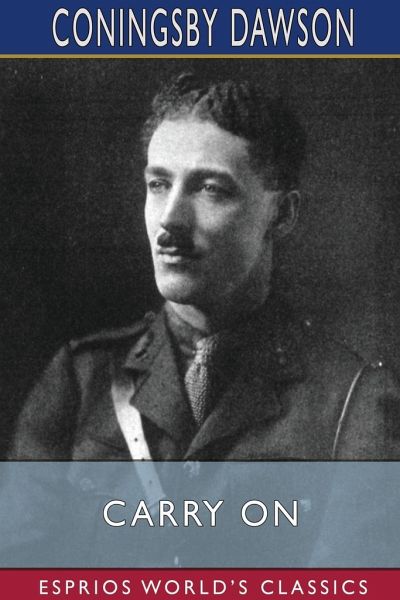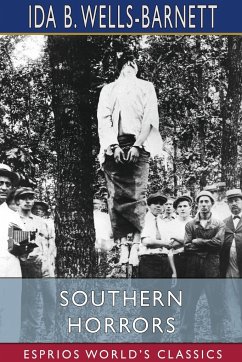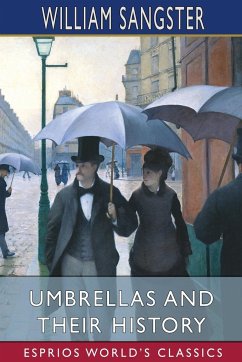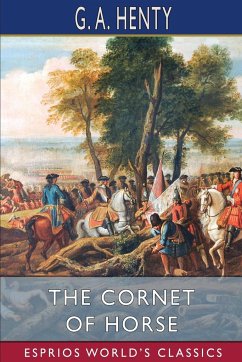Nicht lieferbar

Carry On (Esprios Classics)
Versandkostenfrei!
Nicht lieferbar
Weitere Ausgaben:
Coningsby Dawson (1883 -1959) was an Anglo-American novelist and soldier, Canadian Field Artillery, born at High Wycombe, Buckinghamshire, England. Dawson attended Merton College, Oxford, matriculating in 1902 and taking a second class degree in Modern History in 1905. He spent a year taking a theological course at Union Seminary but decided on a career as a writer. In the same year he went to America, where he did special work for English newspapers on Canadian subjects, traveling widely during the period. He lived at Taunton, Massachusetts, from 1906 to 1910, when he became literary adviser ...
Coningsby Dawson (1883 -1959) was an Anglo-American novelist and soldier, Canadian Field Artillery, born at High Wycombe, Buckinghamshire, England. Dawson attended Merton College, Oxford, matriculating in 1902 and taking a second class degree in Modern History in 1905. He spent a year taking a theological course at Union Seminary but decided on a career as a writer. In the same year he went to America, where he did special work for English newspapers on Canadian subjects, traveling widely during the period. He lived at Taunton, Massachusetts, from 1906 to 1910, when he became literary adviser to the George H. Doran Publishing Company. He wrote poems, short stories, and three novels: Garden Without Walls (1913), an immediate success, followed by The Raft and Slaves of Freedom.






